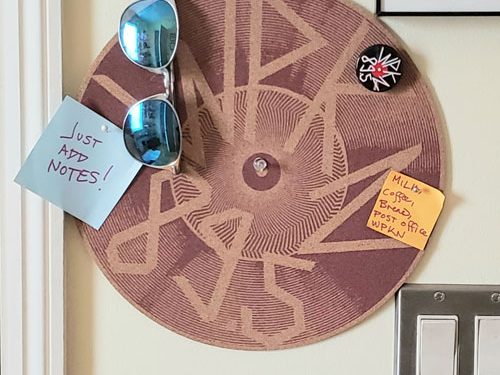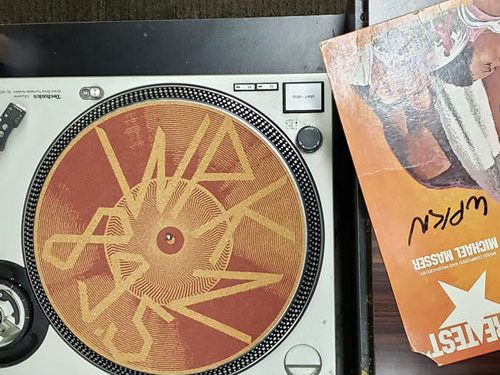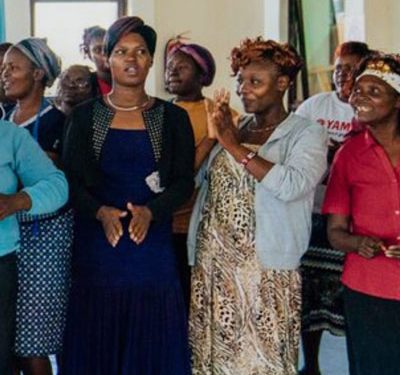-
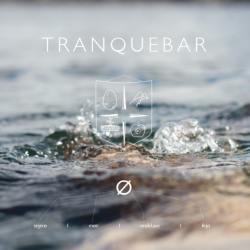 "Sometimes it can be better to accept and not examine things too deeply. Let it flow and enjoy it. Take Tranquebar's music. In many ways, what the Danish band creates shouldn't work. The mix of banjo, voice, accordion, and percussion is beautifully ramshackle (at least on the surface). Yet it succeeds, and it does it in a fashion that's quite mesmerizing. Ø is actually a collection of four EPs, each recorded on a different Danish island (hence the title, as Ø means island). And each island exerts a subtle influence on the shading of the music." Chris Nickson, in his review in RootsWorld.
"Sometimes it can be better to accept and not examine things too deeply. Let it flow and enjoy it. Take Tranquebar's music. In many ways, what the Danish band creates shouldn't work. The mix of banjo, voice, accordion, and percussion is beautifully ramshackle (at least on the surface). Yet it succeeds, and it does it in a fashion that's quite mesmerizing. Ø is actually a collection of four EPs, each recorded on a different Danish island (hence the title, as Ø means island). And each island exerts a subtle influence on the shading of the music." Chris Nickson, in his review in RootsWorld. -


The Greatest Radio Station in the World, a film by Cob Carlson
You are invited to a private pre-screening of the WPKN Documentary film in the privacy of your own home! "The Director's Cut" with a run time of 2:20 minutes. WPKN will send your unique access code by email within 48 hours for "The Greatest Radio Station in the World" on Vimeo. The access code is good for 6 months, but once you activate it, you have a window of 72 hours to watch the film. $50 Pledge = Movie -
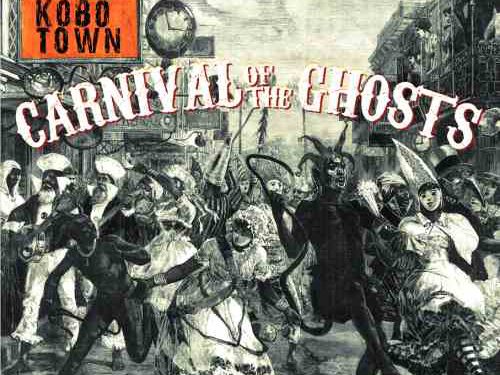
Kobo Town: Carnival of the Ghosts Pledge $50
Kobo Town continues to redefine calypso music and pushes the boundaries of the Caribbean sound with its fourth album. Behind the running social commentary and satirical mood, this is a collection of songs about the human condition – about our quirks and foibles, our anxieties and hopes, and the haunting sense of impermanence that imbues our every moment with its urgency and priceless worth. Named after the storied district in Port-of-Spain, Trinidad, where calypso was born, Kobo Town has been described as “an intoxicating blend of lilting calypsonian wit, dancehall reggae and trombone-heavy brass” (The Guardian) and a “unique, transnational composite of rhythm, poetry and activist journalism” (Exclaim!). “Kobo Town conjures an orphic force and reminds the listener of the vanity of all worldly things.” (RootsWorld) Since their founding in 2005, the group has brought their distinct calypso and ska-inspired sound to audiences across the world. -
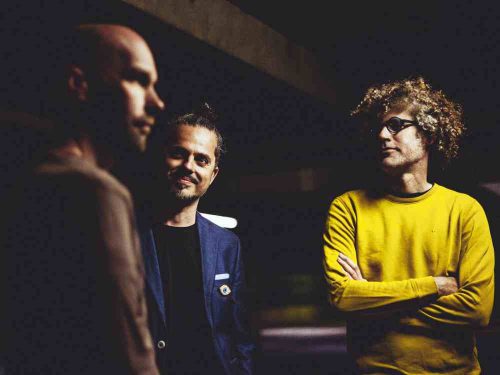 Back in 2019, we were introduced to Bâton Bleu's Weird and Wonderful Tales and their "hybrid of styles from France, Louisiana, Mongolia, and elsewhere” as David Cox wrote in his review. The France based duo of Maria Laurent and Gautier Degandt, and their quirky songs in French and English, were enchanting and sometimes disorienting. As we approach the end of 2023, Gautier Degandt returns with a new ensemble, with all the quirkiness, and a harder edge. En Gramma ("the trace that memory left”) is a trio of Degandt on lead voice, and kalimba here and there, with Oscar Philéas on guitars and chorus, and Pierre-Yves Dubois on percussion, chorus and occasional violin. Beau Brûlis (Burnt Beauty) is an adventure, a complex mixture of subtly, rawness and humor. It leans heavily on blues guitar structures, but I'll not call it blues, or rock. They call it 'trance rock,' but I am not sure if I am so much mesmerized as simply fascinated. - Cliff Furnald in RootsWorld
Back in 2019, we were introduced to Bâton Bleu's Weird and Wonderful Tales and their "hybrid of styles from France, Louisiana, Mongolia, and elsewhere” as David Cox wrote in his review. The France based duo of Maria Laurent and Gautier Degandt, and their quirky songs in French and English, were enchanting and sometimes disorienting. As we approach the end of 2023, Gautier Degandt returns with a new ensemble, with all the quirkiness, and a harder edge. En Gramma ("the trace that memory left”) is a trio of Degandt on lead voice, and kalimba here and there, with Oscar Philéas on guitars and chorus, and Pierre-Yves Dubois on percussion, chorus and occasional violin. Beau Brûlis (Burnt Beauty) is an adventure, a complex mixture of subtly, rawness and humor. It leans heavily on blues guitar structures, but I'll not call it blues, or rock. They call it 'trance rock,' but I am not sure if I am so much mesmerized as simply fascinated. - Cliff Furnald in RootsWorld -
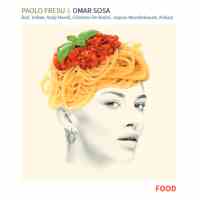
Omar Sosa and Paolo Fresu have a three album trilogy, Eros and Alma, and now their latest, Food, takes on another layer of their cross cultural musical exploration. What elevates Omar Sosa's playing is that his improvisational muse is grounded by the clave and montuno of Afro-Cuban music. Sosa may go farther afield but he always comes back to the invisible scaffolding of Cuban music. These parameters are joyous constraints that make him so interesting to listen to. Paolo Fresu is an Italian trumpeter from Sardinia Italy, who is often compared to the moody atmospheres Miles Davis and Chet Baker conjured. On Food, Sosa and Fresu have created a beautiful album that channels the joy of food, the communal table life, and also the implications of climate change, in an emotional and intimate album. Read Lisa Sahulka's review and listen. -

Salvant’s ability to sing in multiple languages is, in part, due to her being the child of a French mother and Haitian father. She began classical piano studies at 5, sang in a children’s choir at 8, and started classical voice lessons as a teenager. She emerged with a vocal range and talent that one might expect from a performer with significantly more life experience. Yet this old soul, who generally surrounds herself with performers in their 30s, brings a layered depth to her music that comes from historical research and an ability to unearth forgotten songs and make them her own. The story of Mélusine has a common theme of imagining women as witches, mermaids and other transformative creatures from Greek mythology. It conjures a European folklore legend sung in French, Occitan and Haitian Creole, with her own compositions, and selections dating from the 12th Century. She uses these songs and stories in part to convey a character she often plays in her work - an intelligent coquette who is more interested in playing with men’s affection than seeking it out. - Lisa Sahulka



